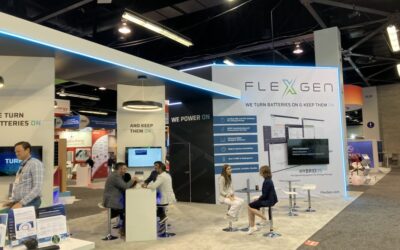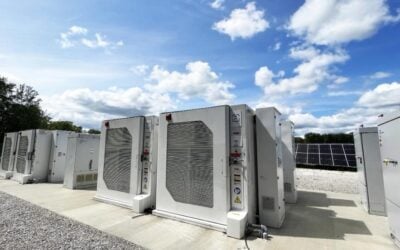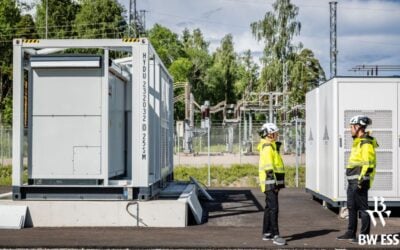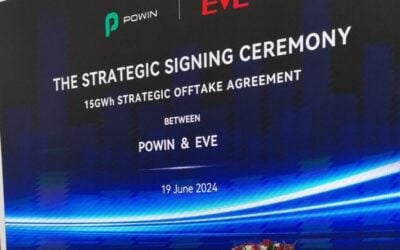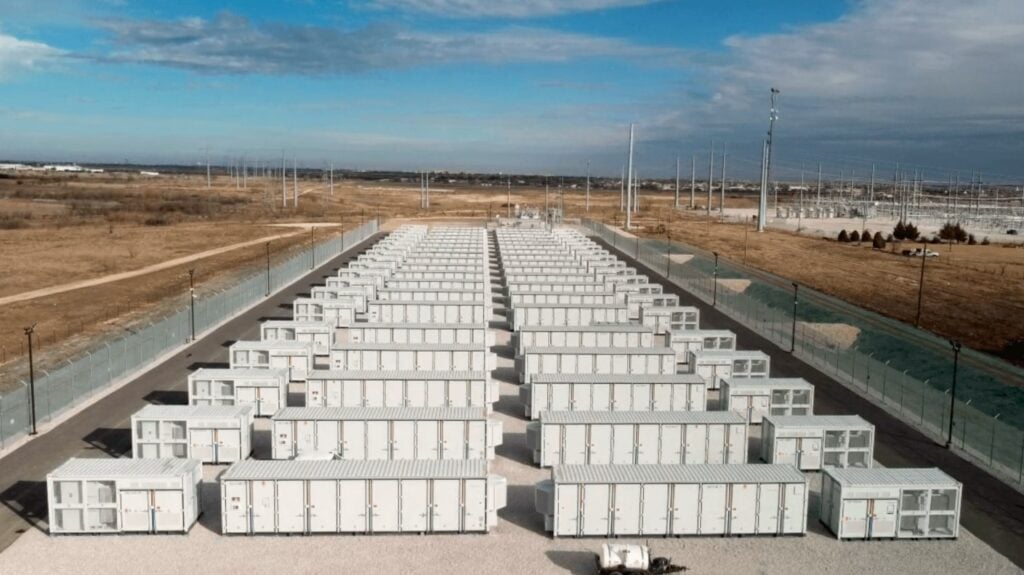
The investment tax credit (ITC) for standalone energy storage is an undoubted game changer for the US industry, but it isn’t easy or cheap to capture its benefits.
The ITC came into effect at the beginning of this year, offering upwards of a 24% reduction in the capital cost of investing in eligible energy storage project equipment. With the addition of various provisions for things like locally produced content and labour being used, or siting a project in a low-income area or one historically associated with fossil fuels, potential reductions can reach as much as 70%.
Enjoy 12 months of exclusive analysis
- Regular insight and analysis of the industry’s biggest developments
- In-depth interviews with the industry’s leading figures
- Annual digital subscription to the PV Tech Power journal
- Discounts on Solar Media’s portfolio of events, in-person and virtual
As such, it’s been widely anticipated to have a transformative positive impact on the business case for energy storage in the US. That remains the case, but according to sources Energy-Storage.news spoke to, the industry is having to be well resourced for both expertise and cash to monetise it fully.
“The investment tax credit for standalone battery storage now puts us on parity with other forms of generation. That has been a very, very long time in the making,” said Jeff Bishop, CEO of developer and asset owner Key Capture Energy (KCE).
In an interview with Energy-Storage.news, Bishop said it was “heartening” to see the first tax equity investment made using the ITC for a standalone battery energy storage system (BESS) project a few weeks ago, for two projects in Texas totalling 429MWh of capacity by developer Eolian.
Calling the start of the ITC-era an “exciting” development, the CEO nonetheless noted that tax equity financing is a lot more complicated than raising project debt, and more expensive to do so.
“The developers that have enough size that can really be able to handle the transaction fees, are going to be the ones that will be able to monetise it in the best way,” Bishop said.
Lawyer Morten Lund of California-based firm Foley & Lardner, a specialist in the energy sector, said that for a typical tax equity financing, transaction costs “frequently exceed US$1 million,” and that even for a “simplified and streamlined transaction,” that cost will be most likely above US$250,000.
Industry ‘staffing up’ to handle complex financings
As Jeff Bishop alluded to, the energy storage and wider clean energy industries had been advocating for a long time, around a decade, for the introduction of the ITC to accelerate the deployment of storage in the way it had successfully done for solar PV in the past.
In addition, it had also been calling for a ‘direct pay’ option to be included, which would make the tax credits easily monetisable and transferrable. This option was eliminated from the IRA legislation as the deal-making to get the policy signed into law went on, and its inclusion “would have made life very, very easy,” Bishop said.
As well as the tax equity option being more expensive, KCE and others across the space are “all staffing up now on our financing teams internally to be able to handle the complexity associated with tax equity”.
That’s an assessment that rang true for lawyer Morten Lund and Foley & Lardner colleague Adam Schurle, who is focused on tax aspects of renewable energy.
Even many of the US’ highly-profitable companies do not have, or are not focused on, the “sophisticated level of tax planning” required for structuring a tax equity deal, the pair said. Complex tax structures are usually needed to monetise non-transferable ITCs, such as partnership “flip and sale lease-back”.
However, as Jeff Bishop pointed out, even with the requirement for tax equity, the ITC changes the game for the energy storage industry and makes utility-scale standalone BESS projects pencil out even against the backdrop of supply chain constraints and rising costs that have hit the industry.
Lund and Schurle were not aware of any specific reason why a direct pay, or cash benefit option was excluded from the ITC scheme, but noted that the US federal government has “a long history of choosing tax credits over cash benefits”.
“This is broadly true across a number of industries,” Lund said.
However, the lawyers also argued that the impact of a cash incentive may be limited since depreciation value would remain. With depreciation not being easily converted into a cash incentive and being “inherently non-transferable,” there would likely still be tax equity financings for larger projects to capture the depreciation benefit, they said.
Energy-Storage.news’ publisher Solar Media will host the 5th Energy Storage Summit USA, 28-29 March 2023 in Austin, Texas. Featuring a packed programme of panels, presentations and fireside chats from industry leaders focusing on accelerating the market for energy storage across the country. For more information, go to the website.

